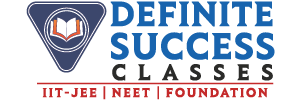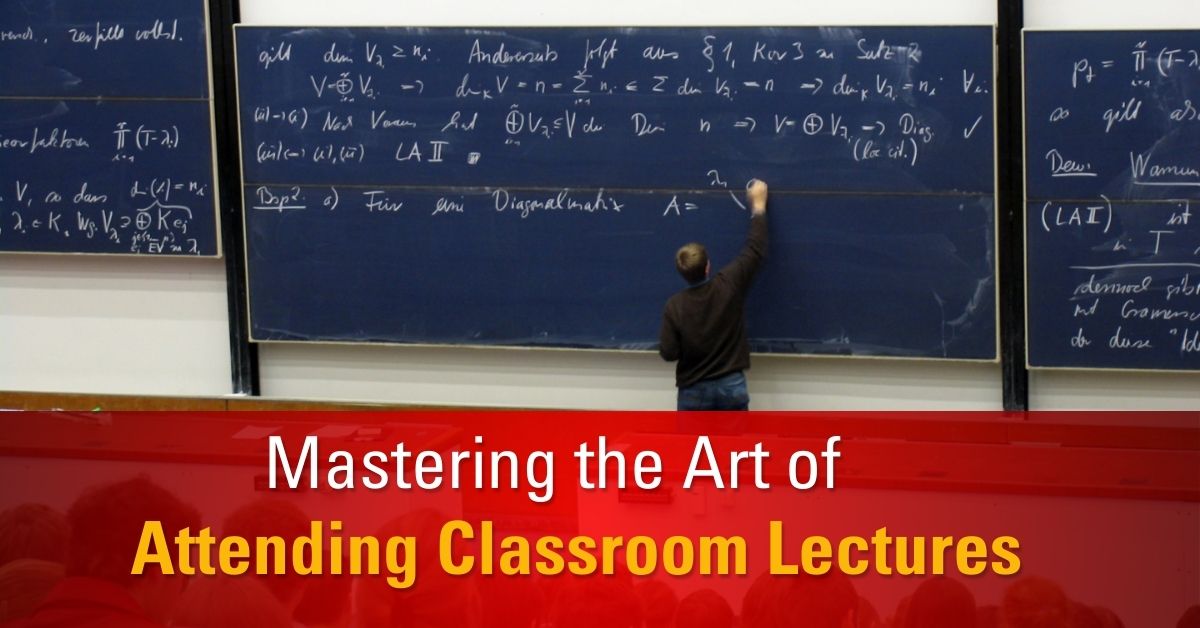
Welcome to the exciting world of classroom lectures! As the traditional bedrock of education, lectures wield a powerful influence on your academic success. Creating an environment that fosters learning goes a long way in enhancing comprehension and knowledge retention. Discover why attending lectures can make a significant difference in your academic journey.
I. Understanding the Classroom Environment
A) The Offline Classroom Experience
The conventional classroom setup is designed to promote enriching learning experiences. From the layout of desks to the placement of the blackboard, every aspect is intended to facilitate effective communication and interaction between students and teachers.
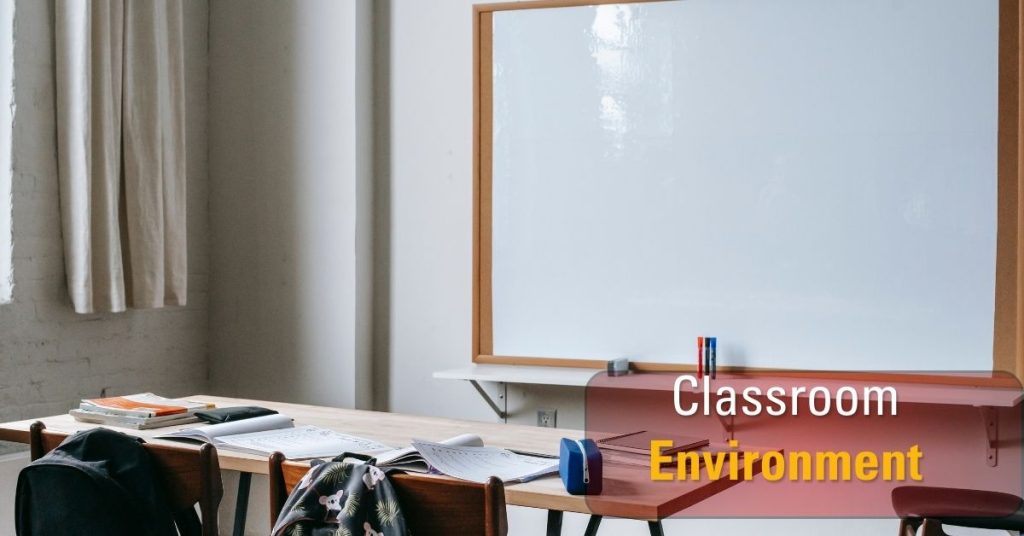
B) The Power of Presence
Your physical presence in the classroom, combined with active participation, can significantly boost your academic performance. Being present allows you to engage with the material in real-time, ask questions, and participate in discussions that deepen your understanding.
II. Preparing for the Lecture
A) Pre-lecture Homework
Preparation is key to getting the most out of any lecture. By taking some time to prepare beforehand, you can enhance your understanding and retention of the material covered in class.
Review Previous Material: Before attending the lecture, review your notes from previous classes. This will help you connect new information with what you have already learned.
Read Assigned Readings: Complete any assigned readings before the lecture. Familiarity with the topic will make it easier to follow along and understand new concepts.
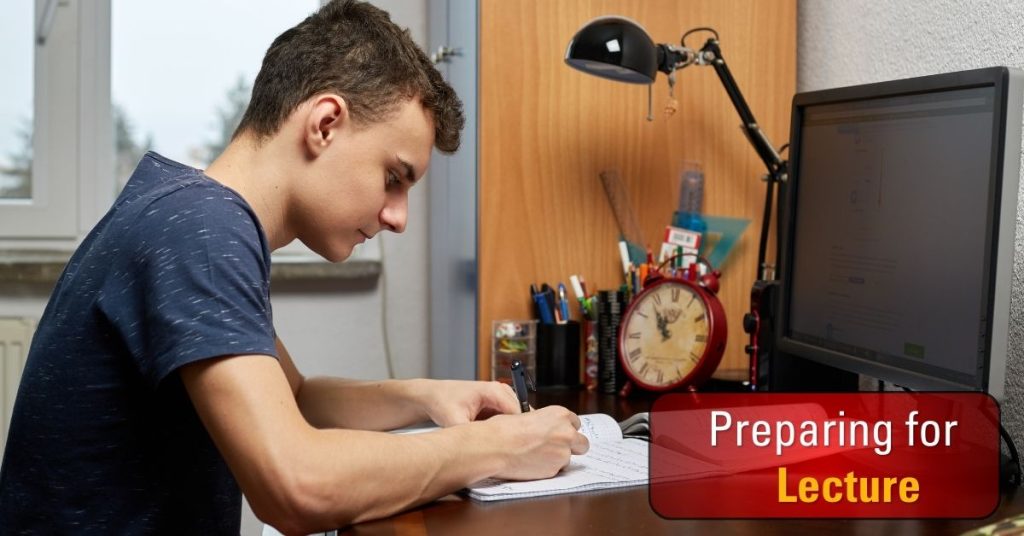
Bring Necessary Materials: Ensure you have all the materials you need, including notebooks, pens, textbooks, and any assigned readings. Being prepared with the right tools can help you stay organized and focused.
Arrive Early: Arrive a few minutes early to find a good seat and settle in. This can also give you a chance to review your notes and prepare mentally for the lecture.
B) Notes – Your Lecture Companions
Effective note-taking is essential for retaining and recalling lecture material. Develop a note-taking system that works for you. Whether you prefer the Cornell Method, mind mapping, or outlining, ensure your notes are organized and easy to review.
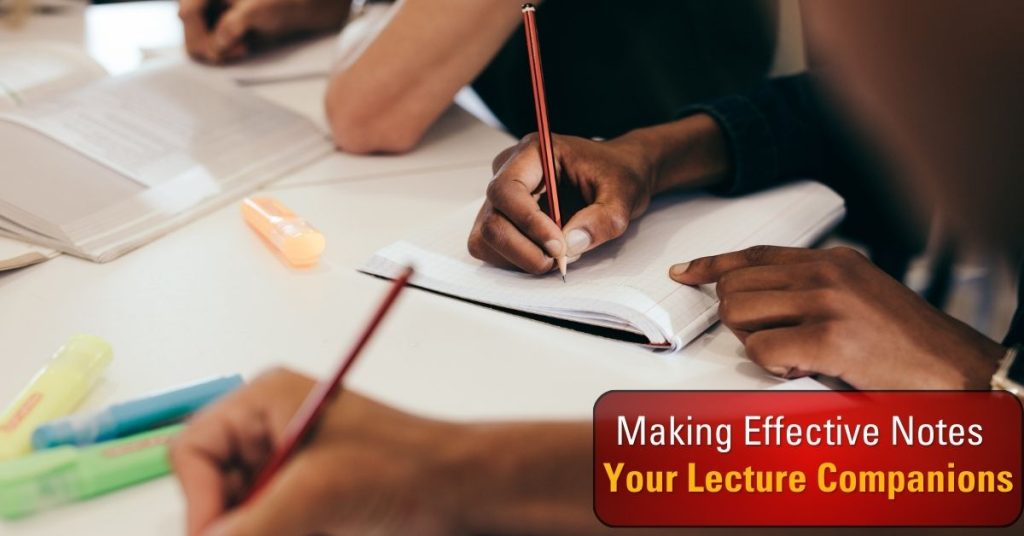
C) Organizing – The First Step to Efficiency
Keeping your study materials and equipment in order saves time and increases efficiency. Use folders, binders, or digital tools to keep everything organized and easily accessible.
III. Active Listening Techniques
A) Focusing – The Key to Engaging Lectures
Active engagement during the lecture is crucial for retaining information and staying focused. Pay close attention to the lecturer and avoid distractions. Active listening involves processing and understanding the information as it is being presented.
B) Concentration Strategies – Your Secret Weapon
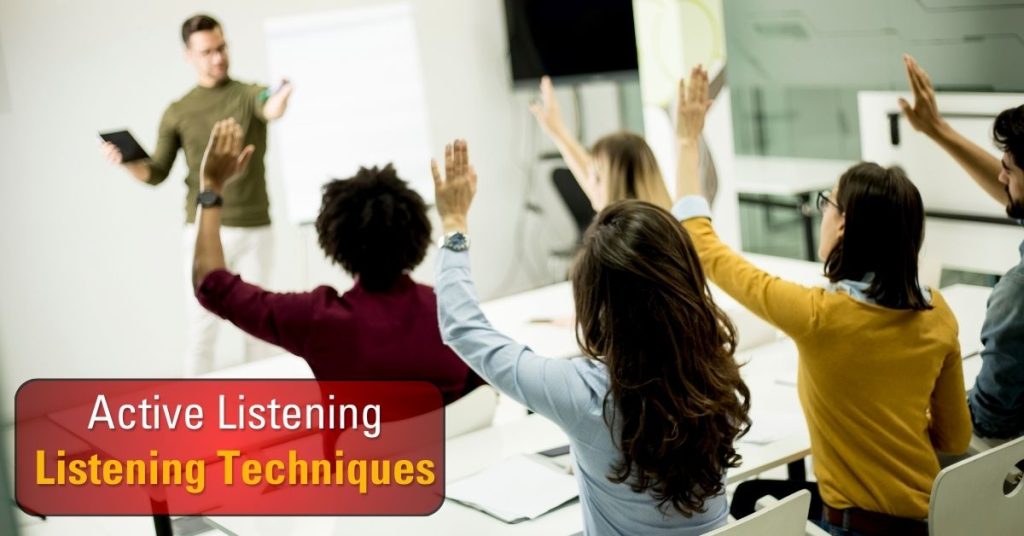
Maintain your focus during lectures by employing concentration strategies such as taking brief mental breaks, staying hydrated, and practicing mindfulness techniques to stay present and attentive.
C) Listening to Learn
Active listening skills are essential for unlocking your potential. Participate in discussions, ask questions, and engage with the material to enrich your understanding.
IV. Enhancing Learning Through Interaction
A) Engagement Matters
Engaging with instructors and classmates is crucial for honing your knowledge. Participating actively in the classroom can lead to deeper understanding and better retention of information.
B) Classroom Discussions – A Learning Treasure
Productive classroom discussions can add depth to your learning. Be open to different perspectives, and contribute meaningfully to discussions to enhance your comprehension of the material.
C) Learning in Groups – Wisdom in Unity
Collaborating with peers in study groups can provide additional support and insights. Group activities encourage collective learning and can make complex topics more understandable.
V. Overcoming Challenges
A) Battling Distractions
Dealing with distractions is essential for staying focused throughout the lecture. Minimize distractions by sitting in a strategic location, keeping your phone out of reach, and maintaining an organized workspace.
B) Time Management and Organization – Your Success Allies
Effective time management and organization are crucial for academic success. Use a planner, set specific goals, create a study schedule, prioritize tasks, and avoid multitasking to manage your time effectively.
C) Taming Tough Topics
Navigating difficult topics or adapting to challenging teaching styles requires persistence and strategy. Break down complex concepts into manageable parts, seek help from instructors or peers, and use supplementary resources to reinforce your understanding.
VIII. Benefits of Attending Offline Classroom Lectures
A) Experience Effective Learning
Face-to-face learning offers several benefits, including immediate feedback, interactive discussions, and a structured learning environment. These elements contribute to a more effective learning experience.
B) The Proven Effectiveness of Lectures

Classroom lectures remain a time-tested model of education, supported by research and statistics. Regular attendance can lead to better academic performance, knowledge retention, and overall intellectual growth.
C) Knowing is Growing
Attending lectures directly impacts your academic success. The more engaged you are in class, the better your understanding, retention, and application of knowledge will be.
Take a quick recap of the key points discussed throughout the blog. From preparation and active engagement to effective note-taking and collaboration, these strategies all fit together to craft your success story.
FAQs
Q: How can I stay focused during long lectures?
A: Break the lecture into manageable chunks, take effective notes, engage in discussions, and take short mental breaks to stay focused.
Q: What is the best note-taking method?
A: The best note-taking method depends on your personal preference. Popular methods include the Cornell Method, mind mapping, and outlining.
Q: How can I effectively review my lecture notes?
A: Review your notes regularly, create summary sheets, practice retrieval, and use flashcards to reinforce your understanding and retention.
Q: How can I manage my time better as a student?
A: Use a planner, set specific goals, create a study schedule, prioritize tasks, and avoid multitasking to manage your time effectively.
Q: What are some online resources to supplement my learning?
A: Educational websites like Khan Academy, Coursera, and edX, as well as YouTube, online forums, and digital libraries, can provide additional support and resources.
By following these tips and strategies, you can master the art of attending classroom lectures and achieve your academic goals.

